Drainfield under garden
lavenderjeans
16 years ago
Related Stories
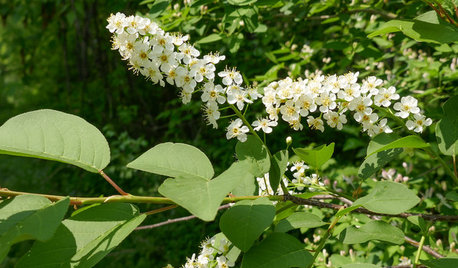
GARDENING GUIDESPrunus Virginiana Thrives Under Deciduous Trees
Plant chokecherry for showy white flowers favored by native bees in spring, and to provide nesting habitat and food for birds
Full Story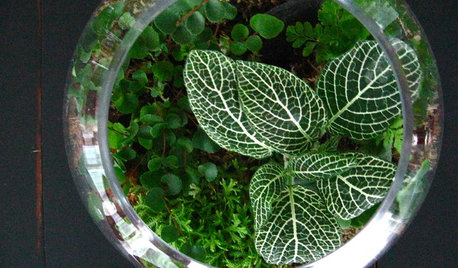
HOUSEPLANTSGardens Under Glass: How to Make Your Own Terrarium
Be the master of a mini ecosystem indoors — the low-maintenance, highly rewarding kind that fits any room
Full Story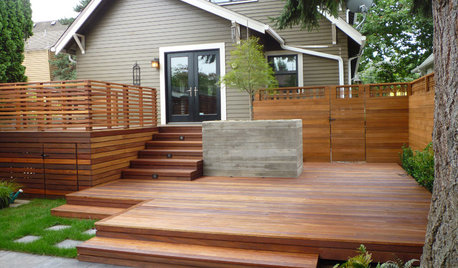
GARDENING AND LANDSCAPINGThat Gap Under the Deck: Hide It or Use It!
6 ways to transform a landscape eyesore into a landscape feature
Full Story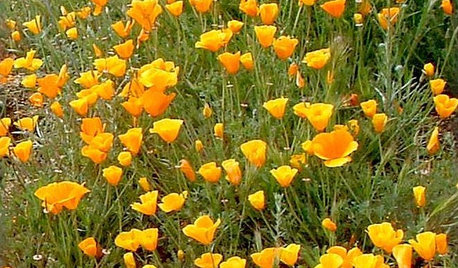
GARDENING GUIDESGreat Design Plant: California Poppy
Fall planting: California's state flower offers a glorious spring show and spreads readily in gardens under the right conditions
Full Story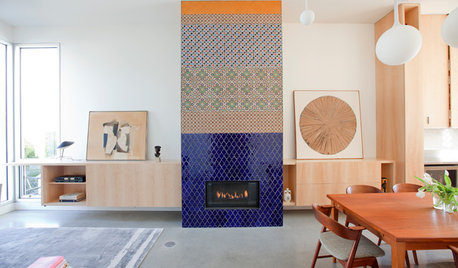
HOUZZ TOURSHouzz Tour: Innovative Home Reunites Generations Under One Roof
Parents build a bright and sunny modern house where they can age in place alongside their 3 grown children and significant others
Full Story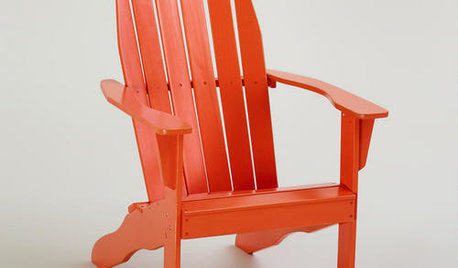
PRODUCT PICKSGuest Picks: 20 Fab Outdoor Finds, Almost All Under $100
Sprinkle these budget-friendly furniture, decor and tableware pieces around a porch or patio for an easy warm-weather update
Full Story
SHOP HOUZZShop Houzz: Bestselling Wall Art Under $100
Cover your walls in bright, trendy and classic signs and artworks
Full Story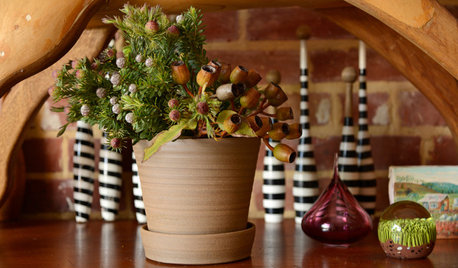
HOLIDAYSHoliday Decorating: Natural Looks From Down Under
Native greens and craftsy touches give an Australian stylist's home festive flair with an organic feel
Full Story
MOST POPULARKitchens Down Under: 20 Design Ideas to Inspire You
These popular Australian kitchens have exciting ideas to borrow no matter where you live
Full Story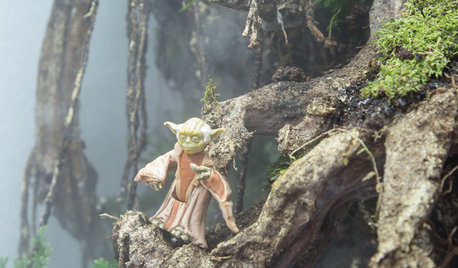
FUN HOUZZThe Force Awakens Under Glass
An Australian terrarium designer places classic ‘Star Wars’ characters in misty miniature landscapes
Full StorySponsored
Professional Remodelers in Franklin County Specializing Kitchen & Bath
More Discussions






skagit_goat_man_
lavenderjeansOriginal Author
Related Professionals
Barrington Hills Landscape Architects & Landscape Designers · Benbrook Landscape Architects & Landscape Designers · Salisbury Landscape Architects & Landscape Designers · Simi Valley Landscape Architects & Landscape Designers · Frisco Landscape Contractors · Milford Mill Landscape Contractors · Parker Landscape Contractors · Ramsey Landscape Contractors · San Pedro Landscape Contractors · Weymouth Landscape Contractors · New Carrollton Landscape Contractors · Conroe Decks, Patios & Outdoor Enclosures · Fort Lee Decks, Patios & Outdoor Enclosures · Miami Decks, Patios & Outdoor Enclosures · San Diego Decks, Patios & Outdoor Enclosuresgardenlen
alfie_md6
Kimmsr
oregon_veg